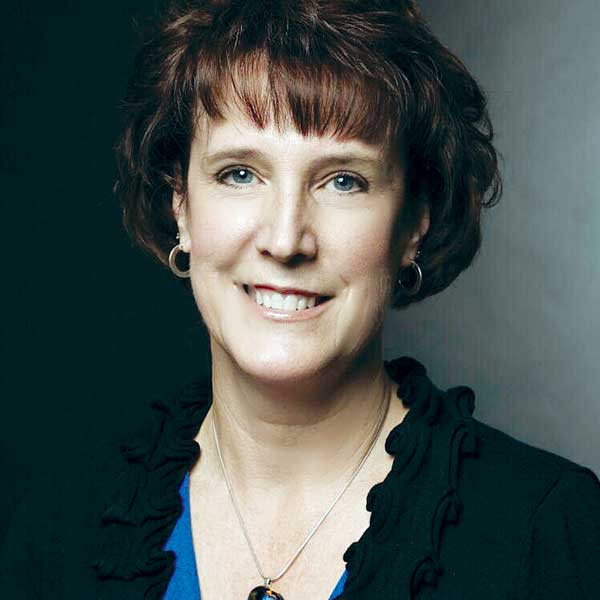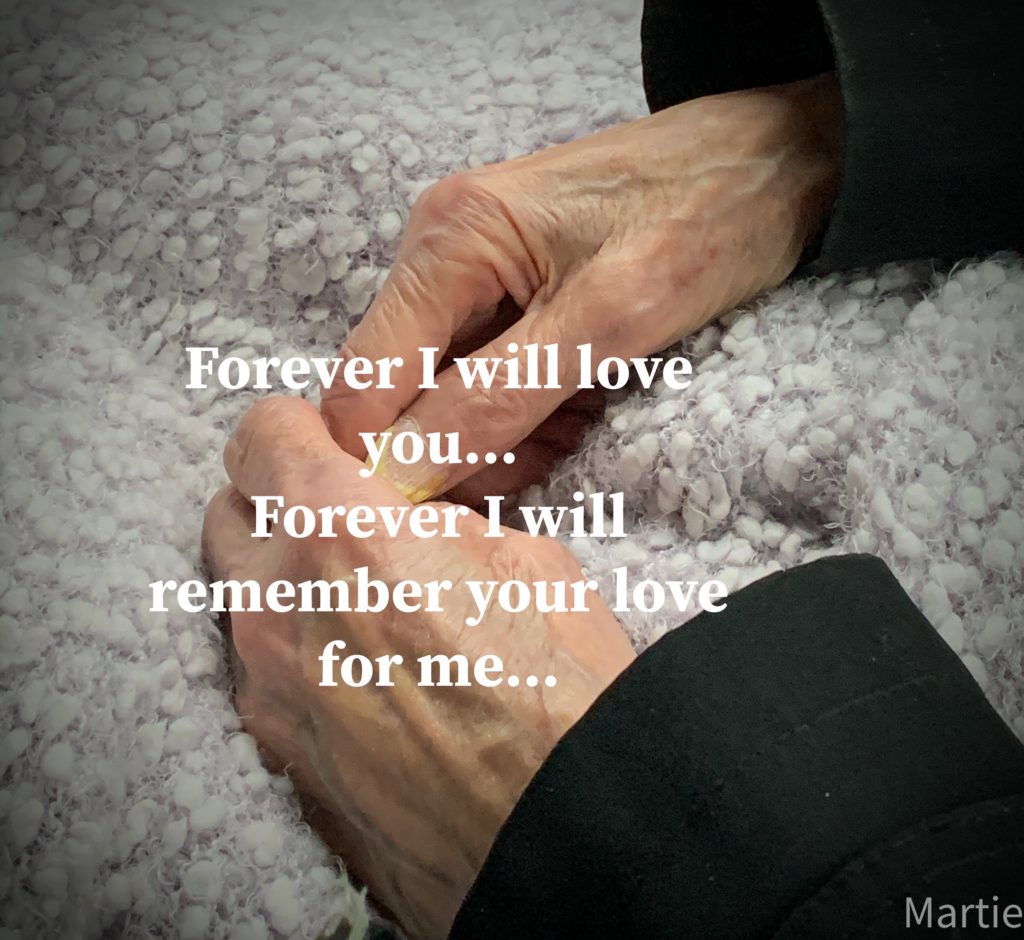
I am sorry, Martie, but a doctor has to sign off on the order. I am sorry, Martie, but we are waiting on the pharmacy. I am sorry, Martie, but we do not make milkshakes after 6 p.m. I am sorry, Martie, but she doesn’t qualify for an admission. We are going to have to board her in the Emergency Department.
These are a small part of the conversations I had with the providers the last night of my mother’s life. The primary care physician failed to sign off the nurse practitioner’s orders for hospice.
We ended up having to utilize the Emergency Department for supportive care, addressing dehydration and to obtain orders for hospice. My mother spent her last night as a boarder in an Emergency Department somewhere in America.
Rules, regulations and what we call healthcare on the surface seems to have lost the essence of why healthcare exists. Webster defines healthcare as “efforts made to maintain or restore physical, mental or emotional well-being, especially by trained and licensed professionals.”
It does not define healthcare as a body of regulations, accreditations, surveys or ratings. In our drive to standardize, improve quality and safety, it would appear that we have lost our roots.
Yet there seems to be rebels amongst us. Revolutionaries, leading the charge to act differently, to rise above it all. In the face of my anger, my mother’s confusion and the grief that was enveloping us as a family I watched as those rebels worked to support, maintain and even restore our physical, mental and emotional well-being. They did it in face of constraints and barriers. They did it through love.

More than compassion, more than a caring spirit, it was simply the human connection of love. It was the gentleness in which they touched my mother’s 75-pound frame. It was sneaking in all the makings for a milkshake and figuring out how to make it with me. It was the only thing that my Mother wanted.
It was looking into her eyes and saying to her that she was beautiful. I actually think she blushed. It was listening like they had all the time in the world to her stories. Laughing with her, and squeezing my hand when the tears overwhelmed me as she spoke. Knowing tears in their eyes as they looked into mine.
It was the sharing of themselves to us through their own story telling. We many times speak to our teams of the need to be caring and compassionate. My friend Webster defines compassion as “sympathetic pity and concern for the suffering or misfortunes of others.” It goes on to define care as “the provision of what is necessary, for the health, welfare, maintenance and protection of someone or something.”
Sympathetic pity, the provision of what is necessary, the protection of someone … In the care of the elderly protection and provision of what is necessary is what regulatory bodies look for through the standards and regulations.
Yet our roots of healthcare call for a much deeper body of work. Our care providers yearn to find meaning in their work and the ability to make a difference. They yearn to love what they do.
Love is defined as “to be deeply committed and connected to someone or something…” Is this not what we want our teams to be? Creating rebels who rise above the regulations and system, who dare to love others and what they do is our call of leadership?
We cannot cultivate loving environments in the way we have always done it. Revolutionaries, dare to be different. Dare to challenge. Dare to take risks.
Dare to rise above it all and set a new course.
Martie L. Moore, MAOM, RN, CPHQ, has been an executive healthcare leader for more than 20 years. She has served on advisory boards for the National Pressure Ulcer Advisory Panel and the American Nurses Association, and she currently serves on the Dean’s Advisory Board at the University of Central Florida College of Nursing. She recently was honored by Saint’s Martin’s University with an honorary doctorate degree for her service and accomplishments in advancing healthcare.




